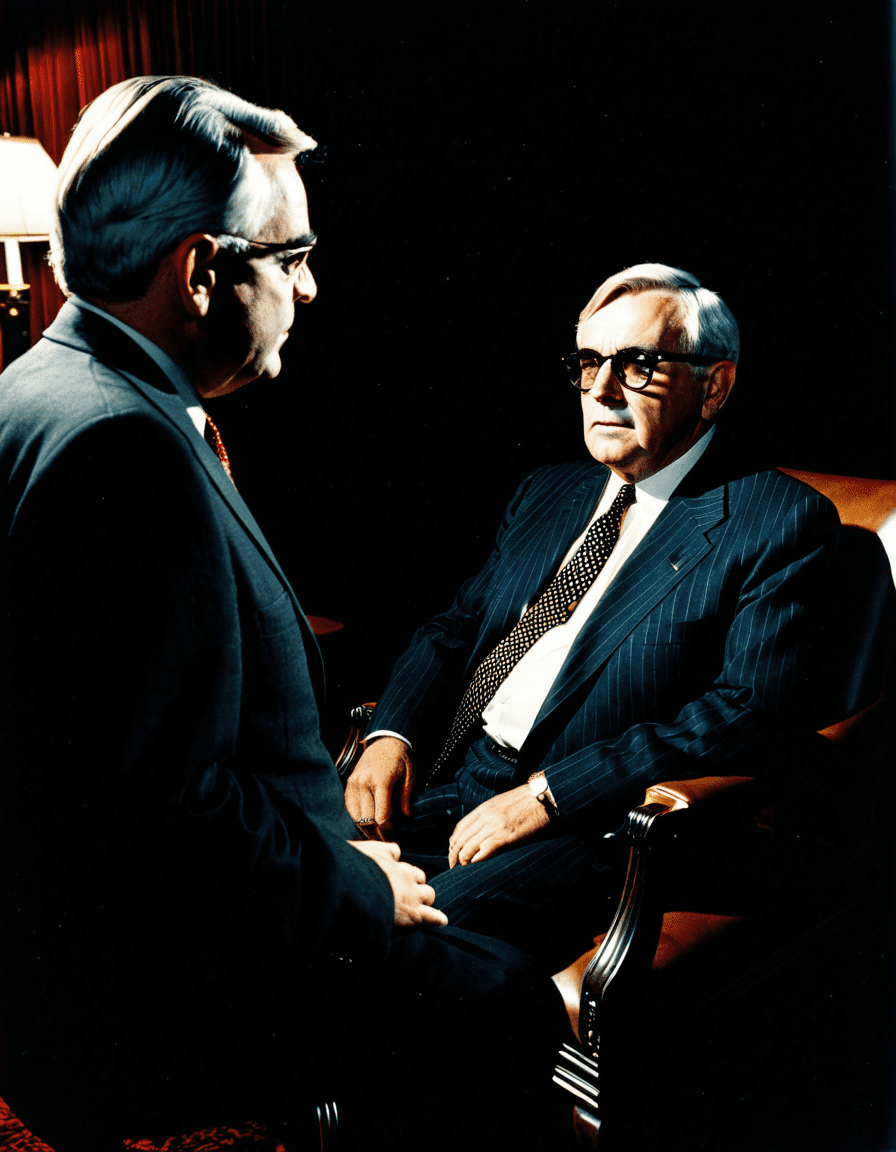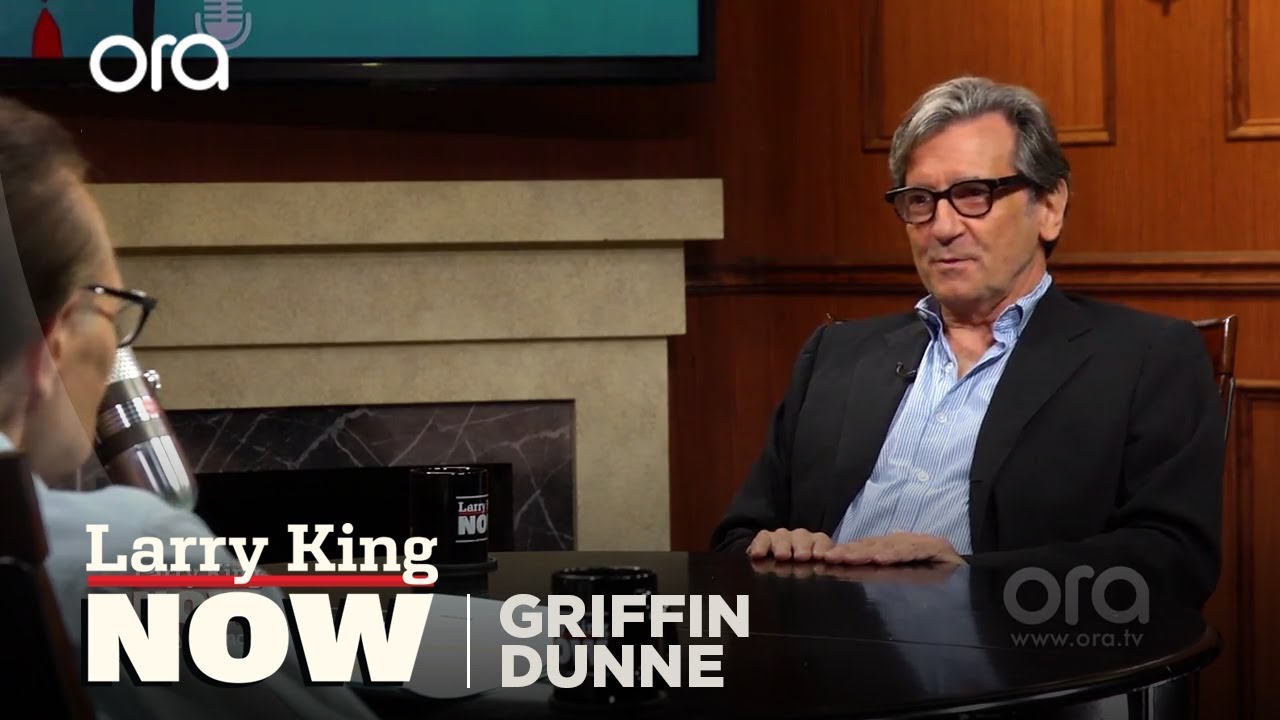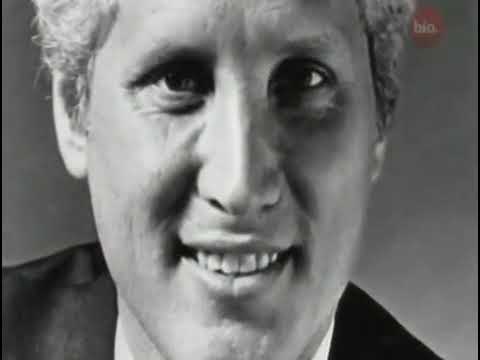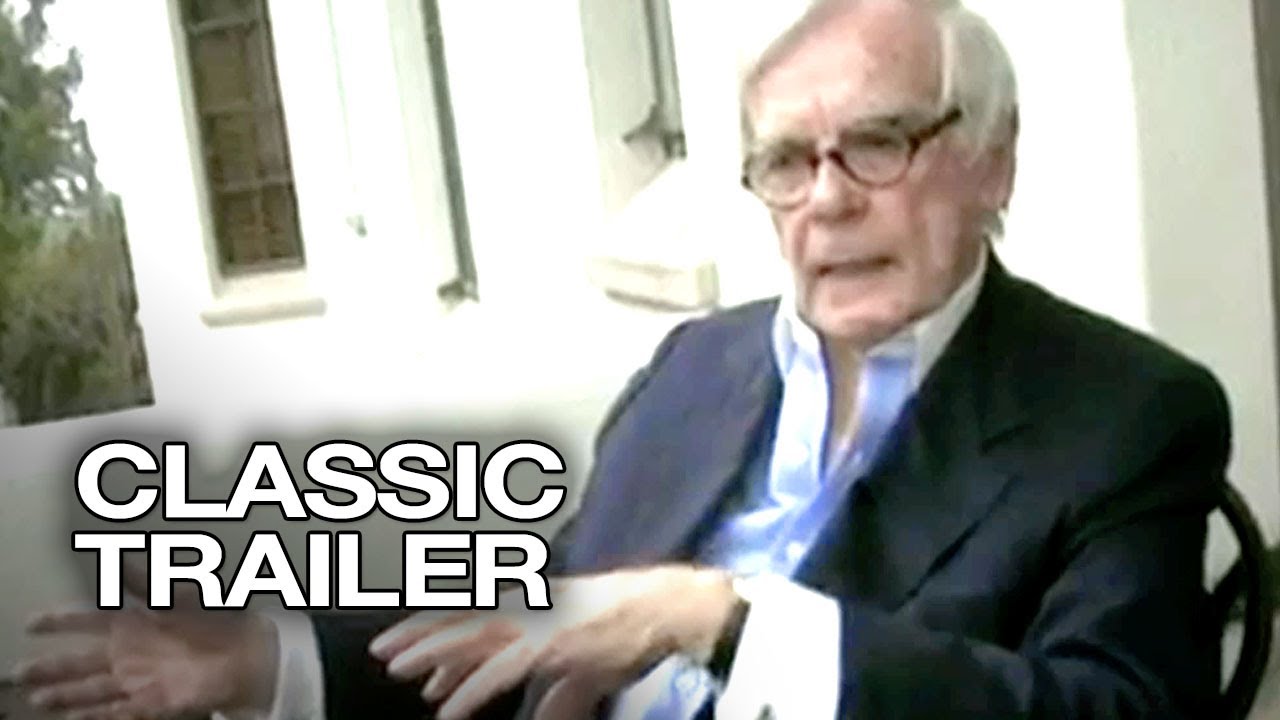In the captivating world of true crime literature and television, Dominick Dunne stands out as a towering figure. His riveting insights not only transformed how stories of crime are told but also sparked critical conversations about justice and cultural privilege. From the pain of personal loss to his role as a commentator during high-profile trials, Dunne’s life was marked by passion and purpose. Join us as we take a deep dive into the multifaceted persona of Dominick Dunne and explore how he reshaped the genre and left an indelible mark on the cultural landscape.
5 Defining Moments That Shaped Dominick Dunne’s Career
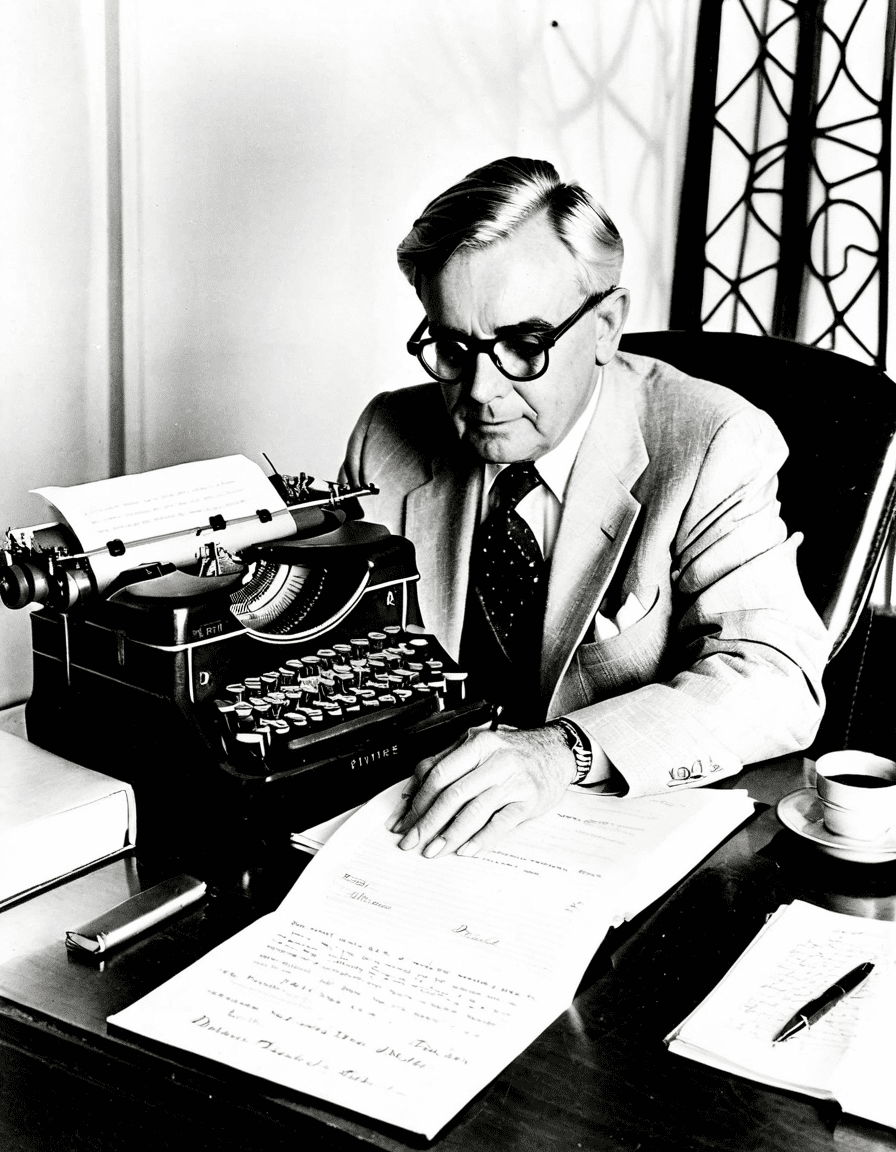
1. The Tragic Loss: The Murder of Dominique Dunne
Nothing could have prepared Dominick Dunne for the harrowing event of 1982: the brutal murder of his daughter, Dominique Dunne, by an estranged boyfriend. This unimaginable tragedy thrust Dunne into the murky waters of crime and justice, fueling a relentless quest for accountability. This personal heartbreak drove him to cover high-profile murder cases, transitioning his role from simply a writer to an impassioned voice for victims. It’s a sobering reminder that sometimes, the darkest moments can spark a fire for change.
2. Trial Coverage: The O.J. Simpson Case
Fast forward to the early ’90s; Dunne’s insightful commentary during the O.J. Simpson trial made waves. His observations about the intersection of celebrity, race, and gender infused the trial with a depth usually absent from high-drama courtroom spectacles. Dunne’s unique perspective highlighted the broader implications of this spectacle, showing audiences that there’s often a greater story lurking behind celebrity news— a narrative woven with themes of privilege and societal norms. His instincts for blending personal experience with journalism inspired a generation of writers and commentators.
3. The Literary Leap: “A Season in Purgatory”
In 1993, Dunne published “A Season in Purgatory,” a fictional take on the notorious Anne Scripps Douglas murder case. This book cemented Dunne’s prowess as a writer, showcasing his ability to blend fact and fiction seamlessly. His keen insights into the lifestyles of the wealthy and infamous illuminated the complexities of crime that lurked behind gilded façades. Readers found themselves captivated not only by the narrative but also by the underlying critiques of societal privilege—proof that Dunne could deliver more than just a thrilling read.
4. Television Stardom: “Dominick Dunne’s Power, Privilege, and Justice”
Dunne took to the small screen with his television series, “Dominick Dunne’s Power, Privilege, and Justice.” This show elevated him to pop culture status, allowing him to explore true crime through the lens of class disparities and judicial corruption. Viewers were drawn to his passion and candor, which stood in stark contrast to the sensationalism often found in crime reporting. Through his storytelling, Dunne invited audiences to reflect on the moral implications of crime and justice, making his show a landmark in the genre.
5. A Voice for the Victims
Beyond the pages of his books and the screen of his hit series, Dunne emerged as a fierce advocate for victims’ families. His heartfelt writings drew attention to cases like the murder of actor Sean O’Malley, reminding readers of the very real human cost behind each statistic. Dunne’s empathetic approach and insistence on justice for victims showcased a side of true crime often overlooked—a reminder that the consequences of crime ripple far beyond the courtroom.
The Influence of Dominick Dunne on Modern True Crime
Today, Dunne’s legacy lingers in the air, palpable in the works of contemporary true crime figures. Writers like Bill Nighy and satirical observers such as Martin Mull often cite Dunne as a notable influence. While the genre flourished through podcasts and dramatic retellings, his marriage of personal experience with societal critique remains crucial. This approach resonates strongly in today’s media landscape, which is fraught with questions regarding crime representation and justice.
The success of popular shows, echoing elements from Dunne’s work, underscores his lasting impact. For instance, theories brought forth by commentators like Steve Bannon or the dramatizations featuring actors such as Terry O’Quinn and Chris O’Donnell reflect a return to Dunne’s style of storytelling. As true crime continues to grow, it teeters on the cusp of entertainment and advocacy, often examining the very real repercussions of crime.
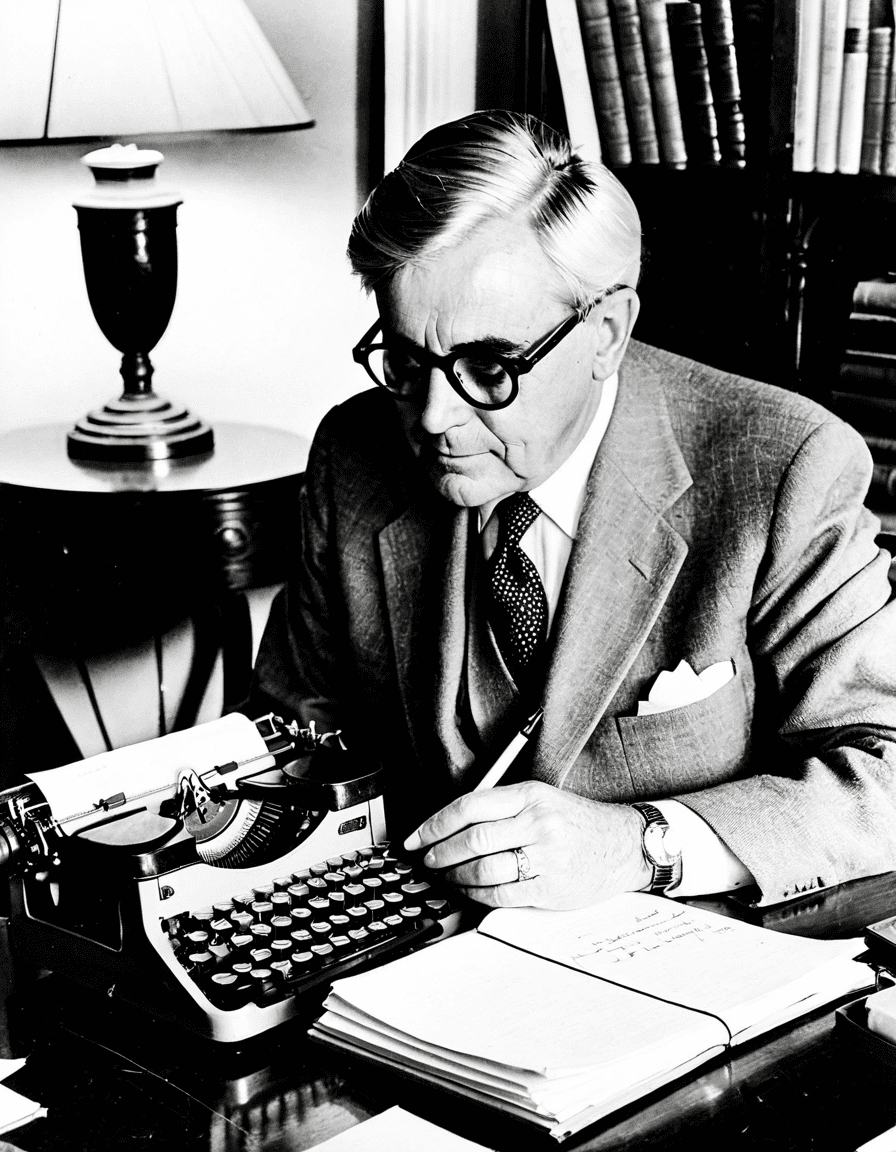
How Dominick Dunne’s Legacy Reshapes True Crime Today
Dunne was more than just a compelling storyteller; he opened the door for wider discussions about privilege and power within the justice system. This conversation is still prevalent today, as audiences engage with narratives that tackle difficult questions surrounding crime. From the morally ambiguous roles played by actors like Carroll O’Connor and Seann William Scott to the layered characters seen in edgy retellings, Dunne’s exploration of the darker sides of humanity feels more relevant than ever.
Emerging voices within the genre, such as Jack O’Connell and creators offering fresh angles on crime culture, have drawn on Dunne’s framework. They recognize that storytelling can serve a dual purpose—not just for entertainment but as a vehicle for social critique. As today’s filmmakers and writers venture into this territory, they honor Dunne’s legacy by addressing the human condition amid tragedy.
Ultimately, Dominick Dunne remains a pivotal figure in the genre of true crime, embodying a remarkable blend of personal tragedy and the quest for justice. His work invites us to reflect on society’s relationship with crime and its consequences, ensuring that his impact will continue to resonate through future generations. Be it through film, literature, or television, Dunne’s emphasis on empathy and advocacy will forever shape the narratives we engage with, turning pages and spilling secrets much like the fascinating worlds portrayed in shows like “ Yellowstone or themes explored in the world of queer cinema.
As we navigate the ever-evolving landscape of storytelling, we can look back at Dunne’s contributions with gratitude and admiration. In the end, he didn’t just tell stories about crime; he highlighted the importance of compassion and justice—echoes that will reverberate long into the future, reminding us that behind every crime news headline lies a deeper human experience. Now, that’s a true crime legacy worth celebrating.
Dominick Dunne: An Intriguing Life of a True Crime Icon
The Glittering Beginnings
Dominick Dunne didn’t just pop into the true crime scene; he had quite the splashy start. Before he became a household name for his gripping crime stories and analysis, Dunne was involved in the glamorous world of Hollywood. Can you believe that he wrote for a number of top-notch magazines, including Vanity Fair? His insight into celebrity culture and crime offered a unique angle that kept readers hooked, much like the thrill of a Constellation show-stopping performance. Interestingly, he even boasted friendships with A-list stars—everyone from movie icons to the powerful elite gasped at his connections!
Trials and Tribulations
Dunne’s personal experiences profoundly shaped his writing. His daughter, actress Rebecca Dunne, was murdered in 1982, a tragedy that set him on a path of storytelling that combined grief and the pursuit of justice. This heartbreaking chapter was akin to the emotional narrative of Mr. Rogers, where the complexities of life are tackled with compassion. He meticulously covered high-profile cases like the infamous Menéndez brothers trial, captivating audiences and opening debates on the judicial system. Like famous figures sharing their struggles, Dunne was a true storyteller at heart, weaving stories that resonated with readers facing their own challenges.
Fun Trivia Twists
Did you know that Dunne went from Hollywood’s elite to the courtroom dramas that filled our television screens? His transformation is reminiscent of the versatility seen in Don’t Toy With Me Miss Nagatoro, illustrating how one can pivot and thrive in various narratives. For all you trivia buffs, Dunne had a flair for the theatrical—not just in his writing but also in the way he presented his cases. His engaging storytelling style influenced many, much like how Sasha Obama is inspiring a new generation through her own endeavors. Additionally, though many associate him solely with crime, he had an affinity for the arts, even producing plays, adding layers to his dynamic persona.
In a globe swirling with sensationalism, Dominick Dunne’s ability to blend the glamorous with the gritty has left an indelible mark. Whether it was learning how long it takes for hair to grow or diving into the depths of human tragedy, he understood the critical balance of presenting content that resonates deeply with readers. Dunne’s legacy continues to intrigue enthusiasts who follow that fine line between reality and storytelling, making him a true crime icon worth remembering.
